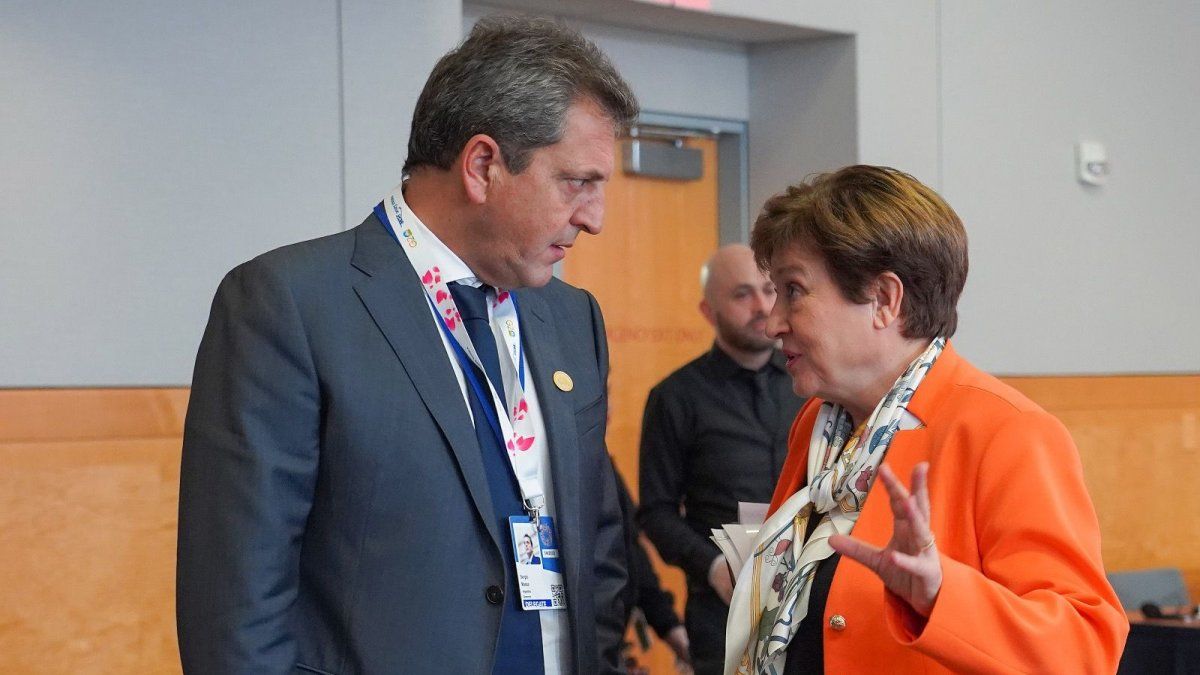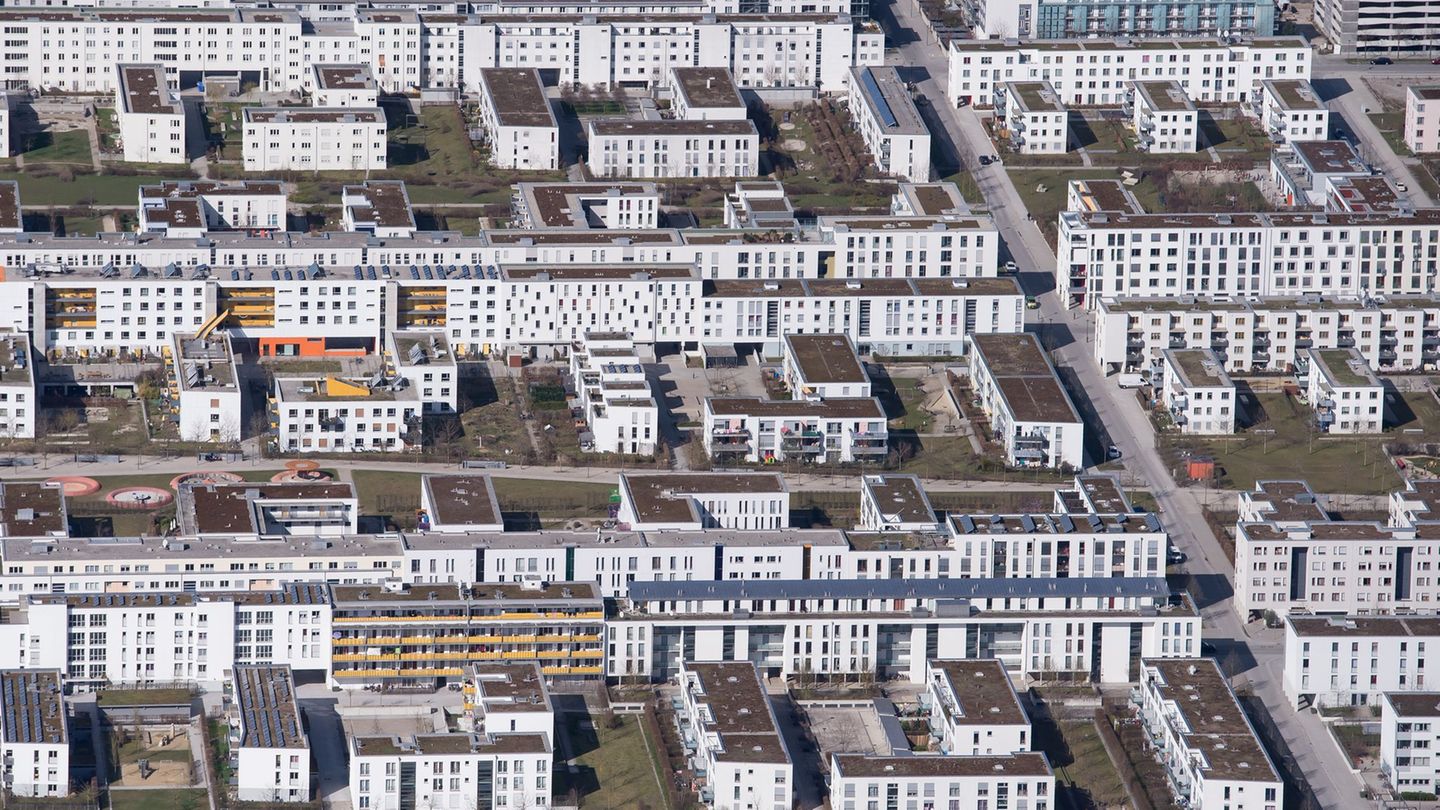This Thursday is presented as a key day in the negotiations between the International Monetary Fund (IMF) and the Argentine government. With the intention of unlocking the agreement, late on Wednesday, Sergio Massa kept a zoom of almost an hour, between 8:30 p.m. and 9:30 p.m., with the head of the IMF, Kristalina Georgieva, as far as he could know Ambit. At the end of the dialogue they left for Washington at 10:30 p.m. the chief adviser of the Ministry of Economy, Leonardo Madcur and the Secretary of the Treasury, Raul Rigo.
In Economics they affirm that “negotiations are on track to close” and that, depending on the agreements reached, this Friday “measures could be taken.”
The minister was also in permanent contact with the White House and also spoke with the economic team of the German government. The directors of United States and Germany are key, along with China, to obtain the support that Argentina needs. For the moment, the Minister of Economy has not decided to travel to Washington and will continue to monitor the negotiations from Buenos Airesas indicated in the Palacio de Hacienda.
It remains to know if he IMF it will send anticipated disbursements for some 8,500 million dollars. Likewise, as soon as the fiscal deficit target will be stipulated (the current agreement provides for a primary imbalance of 1.9% of GDP) and the reserve accumulation target.
Meanwhile, this Wednesday the IMF insisted in a document that Argentina must gradually eliminate the “stocks”, bring the multiplicity of dollar quotes to a “simplified exchange regime”, restrict interventions on the dollar in the market, maintain a “strict” monetary policy and a growth-friendly fiscal adjustment to strengthen the economy. This was stated in the External Sector Report (“External Sector Report”).
imf .jpg
According to the document, the stocks and the multiplicity of exchange rates “have generally helped to contain capital outflows, but have introduced distortions that discourage trade and foreign investment.” And he emphasizes that these measures “are not a substitute for sound macroeconomic policies.”
The analysis also warns that, according to the balance of the current account that Argentina had in 2022 and the one that it should have as the purpose of lowering the external debt and beginning to recover access to the markets, the average real exchange rate should generally have been 15 to 20 percent higher.
In this sense, and according to reports, the IMF staff would ask the Argentine government for a devaluation around those values.
In the field of measurements, the Fund points out that “growth-friendly fiscal consolidation, combined with a tight monetary policy and a simplified exchange rate regime, remains essential to moderate domestic demand growth, strengthen the trade balance, rebuild international reserves, regain market access, and ensure fiscal sustainability and external debt”.
As usual, the agency insists on the need for a “gradual easing based on conditions of capital control measures” and that “multiple currency practices and exchange restrictions must be eliminated”, once economic stability is achieved.
Expectations for the agreement with the IMF
The authorities hope that, after arduous negotiations, the agreement with the technicians will be announced in the coming days (staff level agreement). In this regard, they point out that “The strong support of the Government of the United States in the negotiation was very important”, they emphasize.
According to the agreement currently in forcethe IMF planned to disburse some US$4,000 million in June, some US$3,400 at the beginning of September and the same amount at the beginning of December to come.
It should be remembered that Argentina postponed the payment of almost US$2.700 million that the Fund must make by July 31, at a time when the external sector appears fragile.
Affected by the worst drought in history, as recognized by the IMFArgentina has been failing to meet the goals committed to the multilateral organization, both in terms of fiscal imbalance and accumulation of reserves and monetary assistance to the Treasure.
The Fund agreed to recalibrate the Argentine program taking into account the impact of these unfavorable weather conditions that, according to official measurements, meant a drop in income from exports of US$20,000 million. However, it remains to be seen to what extent the goals will be made more flexible.
Source: Ambito




